Are you wondering if it's worth getting a whole-house humidifier to add to your HVAC? You're probably wondering if it's necessary and what you can get out of it. We've asked the experts if it is worthwhile to add a humidifier to your home, and here's their advice.
Adding a whole-house or furnace humidifier to your HVAC is not a necessity but a matter of preference. It is recommended for those who want to control the humidity level in different parts of their house simultaneously. Its benefits include preventing allergies, irritation, discomfort, and damage caused by dry indoor air.
Keep on reading to learn more about the advantages of adding a whole-house humidifier to your HVAC and if it is recommended for you. We'll also talk about how long these humidifiers last, if you can add a humidifier to your AC, and if whole-house humidifiers can cause mold. We'll also talk about the common problems encountered with the use of this appliance. Without further ado, let's get into it!

Is a humidifier in HVAC worth it?
When it comes to humidifiers, there are portable ones that can increase moisture in a particular room, and then there are ones that humidify the whole house. These are called furnace humidifiers or whole-house humidifiers.
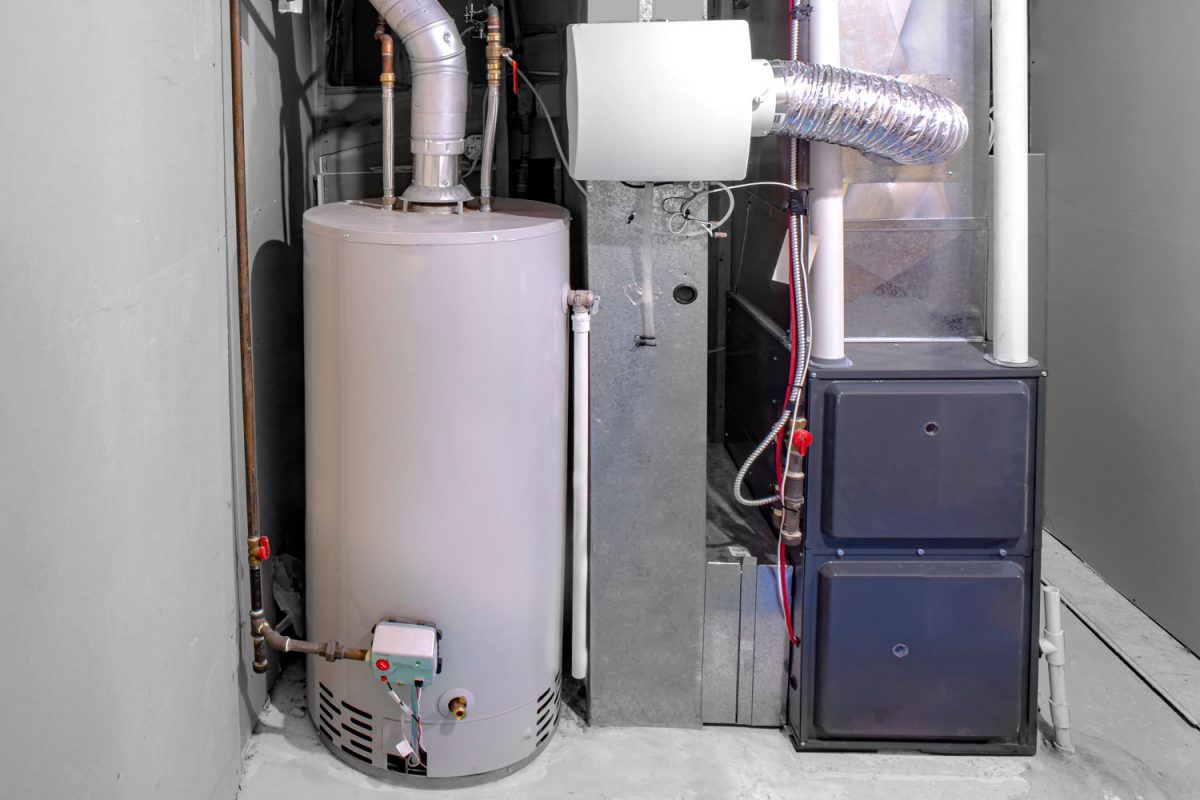
They are installed together with the home's HVAC system, particularly on furnaces, so that the entire house can have a controlled humidity level. They are also connected to your water supply to ensure that there's a continuous source of moisture to be pumped into the different vents in the house.
Benefits of whole-house humidifiers
Humidifiers make homes healthier and more comfortable. Dry air can cause allergies, asthma, and irritation. Those with allergies, eczema, or dermatitis would benefit from reduced symptoms because of the improved air quality.
Those who don't have these conditions would still enjoy moisturized skin, get to sleep better, and have a healthier respiratory system. If you catch a cold, you'll experience fewer symptoms because the optimal humidity level in your house won't aggravate your respiratory tract infection.
Humidifiers are also good for your wood furniture, door, windows, and hardwood floors. They ensure that the home environment doesn't get too dry which prevents cracking and splitting.
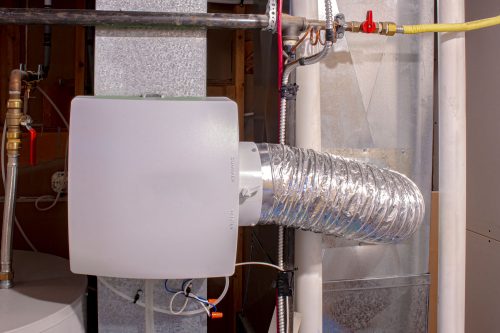
Up to this point, you might say that you can enjoy all these even with a portable humidifier. So, the main advantage of a whole-house humidifier is the convenience that it provides.
You won't have to move your portable appliance from one room to another, and you don't have to maintain different humidifiers in case you've decided to put separate ones in different rooms in your house.
With a furnace humidifier, you only need to maintain a single appliance. This also means reduced energy costs, so that's a huge plus for homeowners.
So, for those wondering if a whole-house humidifier is worth it, the answer would depend on your particular circumstances.
If there are members of your family who are prone to allergies and irritation, if you have a lot of wood in your house, or if you'd like to control the humidity level in different parts of your house all at the same time, then this type of humidifier would certainly be worth it.
It is a matter of personal preference. It is not really required for homes to have one since there are other options out there to increase moisture in the air.
But needless to say, everyone can benefit from the improved indoor air quality that furnace humidifiers offer. Plus, with whole-house humidifiers, you get to save on energy costs and enjoy the convenience of having to maintain just one appliance rather than using two or more units in your home.
How long do whole house humidifiers last?
Another advantage of whole-house humidifiers is their durability compared to portable ones. Whereas portable appliances can only last between 2 and 5 years, furnace humidifiers have a life expectancy of 10 to 15 years.
This makes them a great investment for your home considering that you'll be enjoying the benefits of improved indoor air quality for a long time.
However, this is predicated on the whole-house humidifier being properly maintained with good quality water is used in the tank.
It is recommended to clean these humidifiers after each heating season. It is also advisable to drain them when they won't be in use for a long time. Check your manufacturer's cleaning and maintenance instructions so that you can take good care of your home appliance.
Can you add a humidifier to your AC?
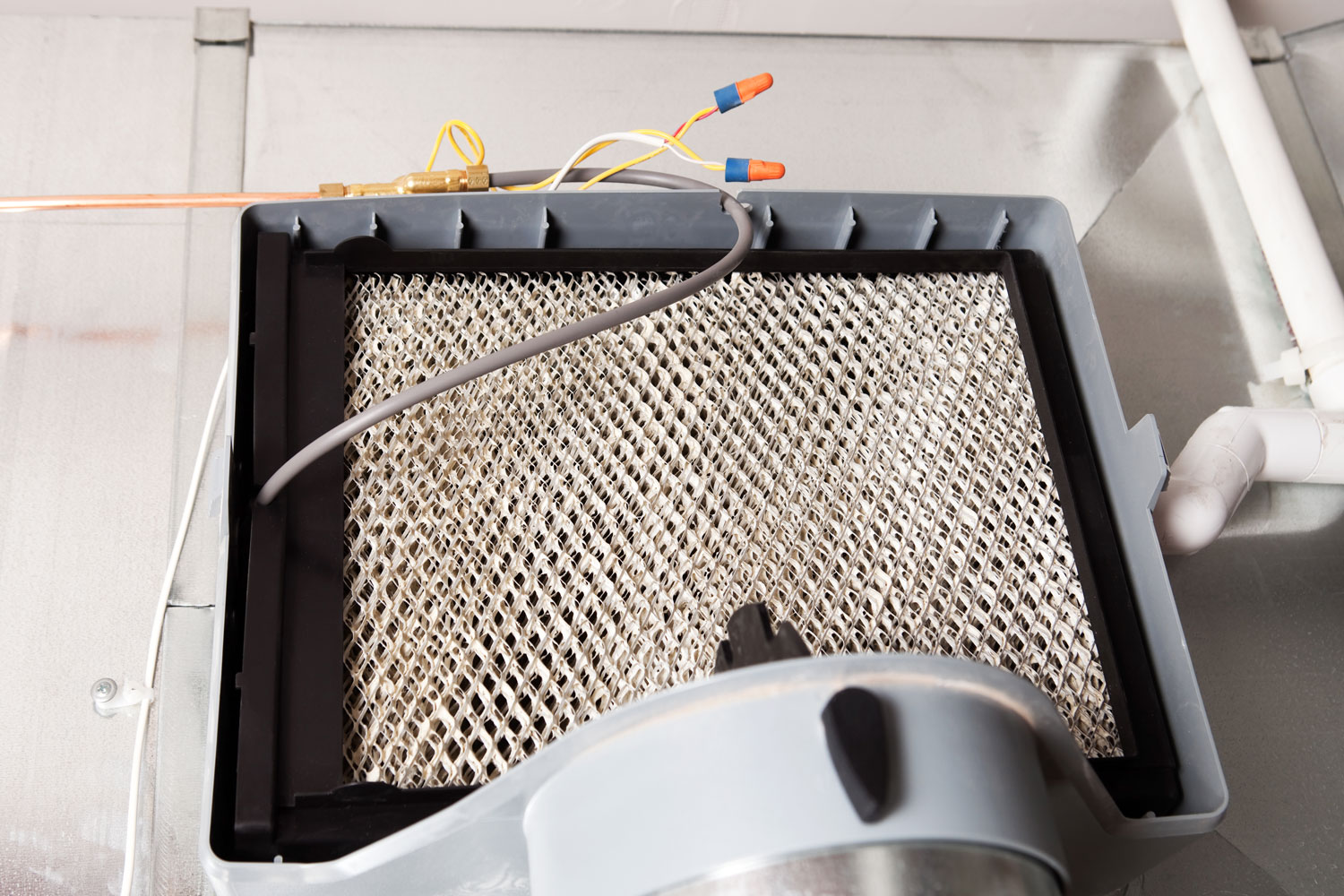
You might be wondering why humidifiers are connected to the heating system and not to your house's cooling system. The answer is simple—homeowners usually deal with dry air problems when the temperature outside drops.
However, air conditioners are also known for making indoor air dry. Again, this condition can trigger the same problems discussed above on allergies, asthma, and skin irritation. This is where humidifiers will be beneficial to you and your family.
Some central humidifiers have been built into air conditioners to help alleviate these symptoms during the summer. For those without whole-house humidifiers, you can get a portable one and bring it with you wherever you're staying in your house.
Aside from improving the quality of your indoor air, experts say that humidifiers will help you save on electricity. Essentially, your air conditioner is cooling moist or wet air which gives you cooler air. This makes you more comfortable despite the summer heat. You can then set your indoor temperature higher.
This means that your cooling system does not have to work as hard to provide you with a comfortable indoor temperature which helps you save on energy costs.
What are the common problems in HVAC humidifiers?
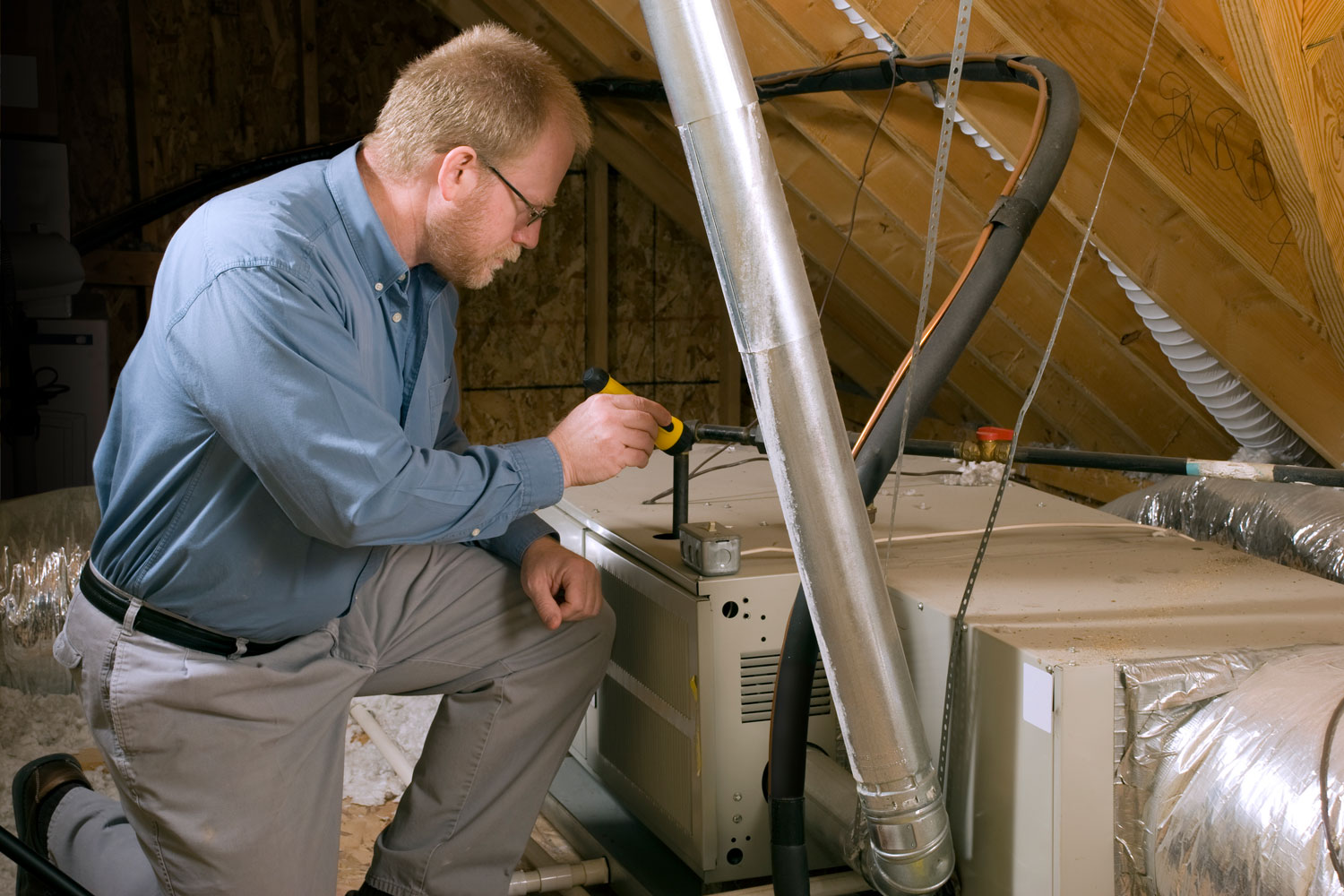
Homeowners need to use their whole-house humidifiers properly so that they won't cause problems in the long run. Here are some of the most common issues that homeowners experienced while using these home appliances.
Buildup of minerals
This happens when hard water is used. There can be mineral deposits such as calcium and magnesium, and they can accumulate over time. Once this happens, they can block certain parts of your humidifier or restrict airflow which can cause its performance to suffer.
Bacterial growth
Whole-house humidifiers contain a large amount of standing water. This is a potential breeding ground for bacteria that can get mixed with the moist air coming from your humidifier. This will defeat its purpose of improving indoor air quality as it spreads bacteria into your home.
This is why you should clean your humidifiers regularly. When unusual smells are coming from your appliance, check on it right away and have it cleaned and disinfected.
Humidistat not working
The humidistat detects when there's a need for more humidity inside the house. When the air is too dry, it sends a signal to the solenoid valve to allow water from the reservoir to flow to the humidifier.
This will increase the moisture in the air. But if the humidistat is not working, the solenoid valve won't open accordingly and water won't reach the humidifier.
You need to have your appliance checked by a professional to fix this issue.
When you have a furnace humidifier at home, make sure you know how to maintain it properly so that you won't have to deal with these issues. Always read the owner's manual for instructions on its proper use so you'll be guided accordingly.
Can a whole-house humidifier cause mold growth?
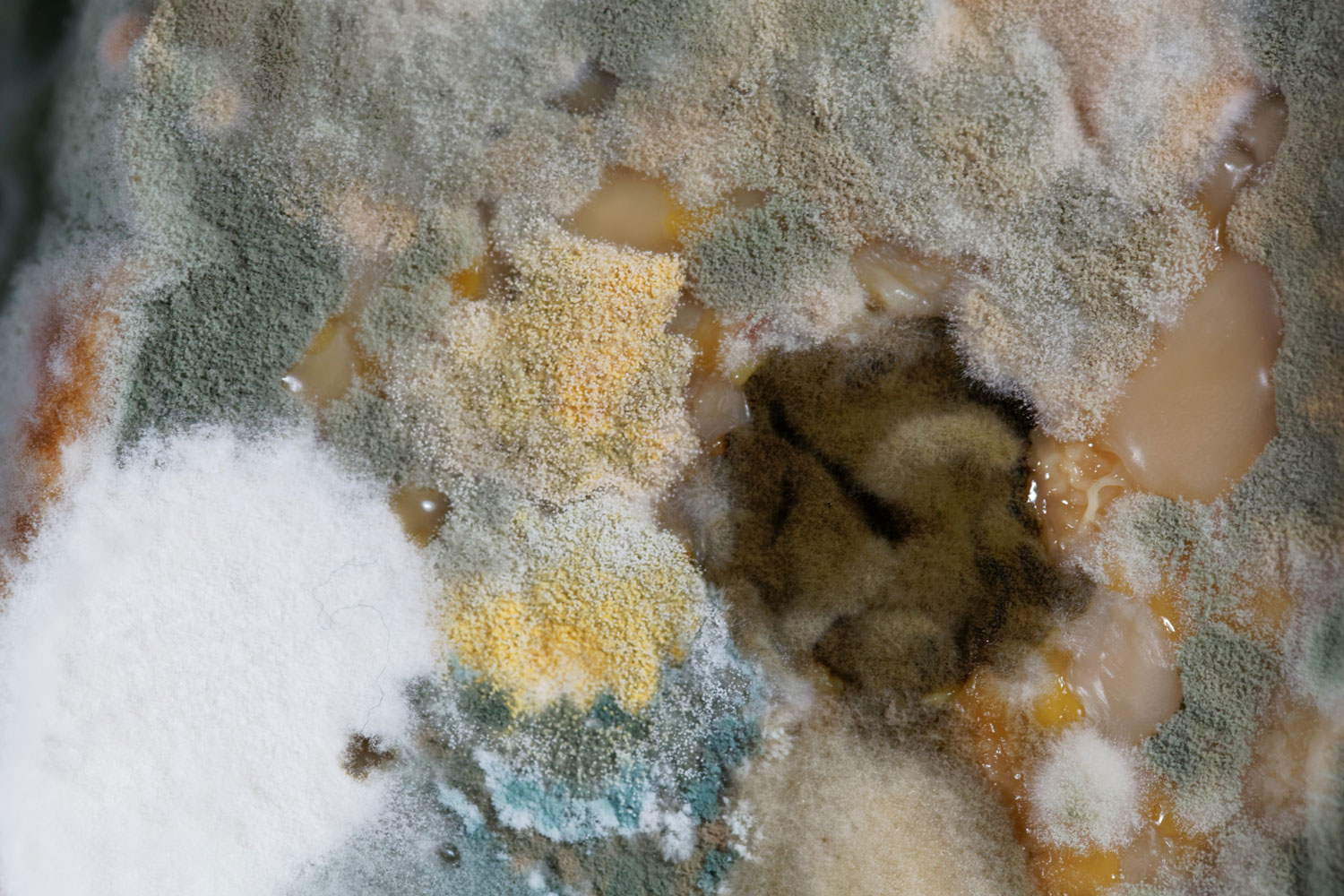
Too much moisture in the air can cause mold growth. Whole-house humidifiers do not cause this per se, but their improper use can lead to this problematic situation.
When you breathe indoor air with mold, you can experience allergic reactions. Symptoms may include sneezing, coughing, and itchy eyes.
Mold will also stick to your ceiling, walls, doors, and windows, and this can cause delamination, staining, and overall deterioration.
To prevent mold, set your indoor humidity level to between 30% and 50% as recommended by the Environmental Protection Agency. Do not go beyond 60% so that you won't have to deal with moisture problems at home.
Make sure to also clean and disinfect your furnace humidifiers so that these unwanted microorganisms won't be given a chance to thrive in your appliance.
Final Thoughts
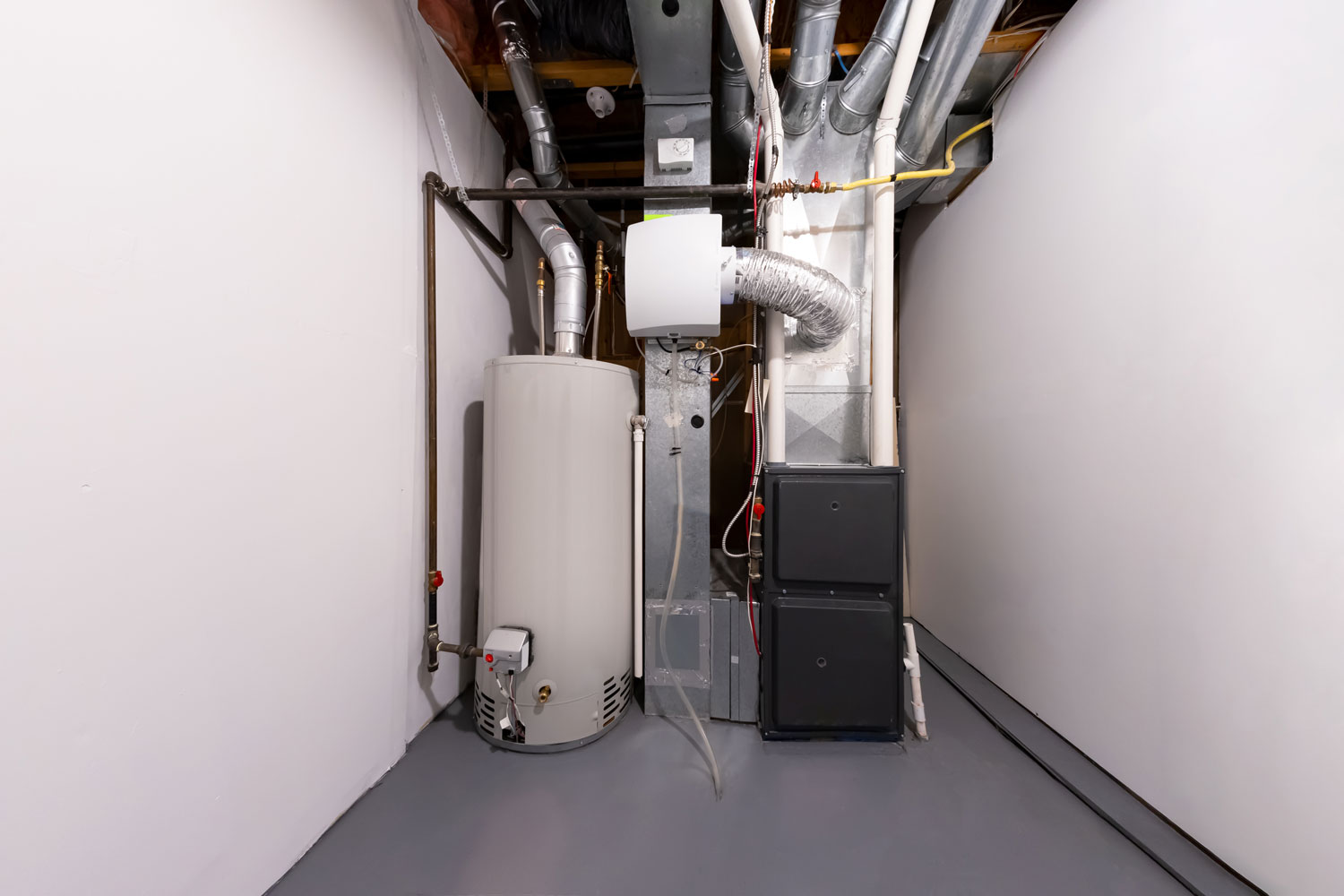
Whether you get a whole-house humidifier connected to your HVAC is entirely up to you. If you feel that you and your family will greatly benefit from improved indoor air quality, then it is a worthwhile investment for your health and your home.
Before you go, be sure to take a look at these other posts:
